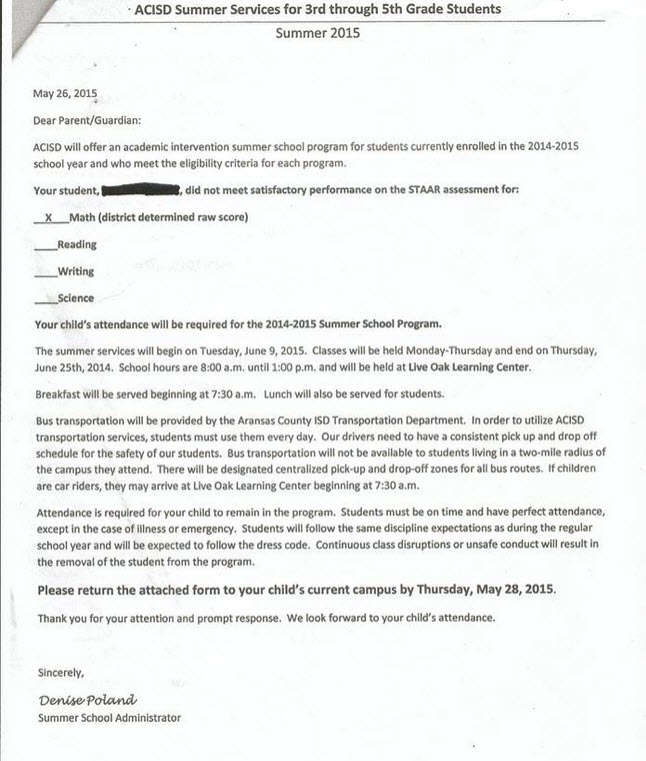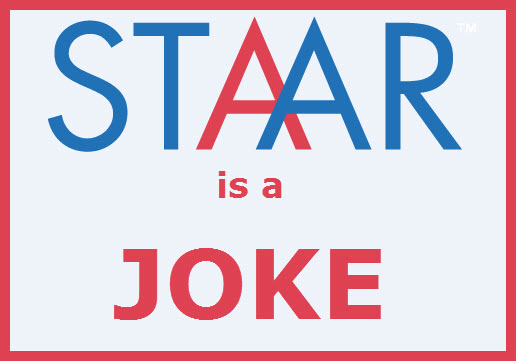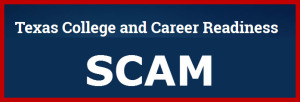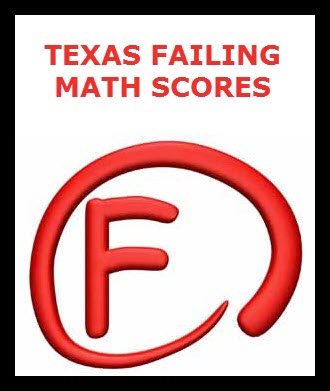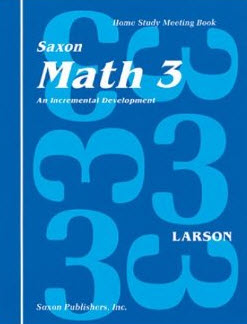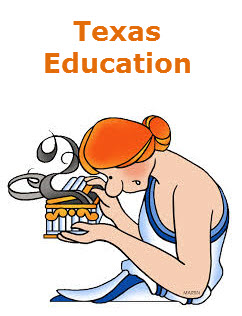
State Board of Education Member Thomas Ratliff and Hudson ISD superintendent Mary Ann Whiteker seem to have a “love” in working together in promoting a progressive ideology (Type 2 standards) within the Texas School System. Below you find find a press release authored by the two critiqued by Educator Donna Garner.
10-17-2013 A Critique by Donna Garner
===================
Can you say, “SUBJECTIVE SCORING?” Can you say, “PR GONE BERSERK”? Can you say, “RIGGED BY THE LOCAL ADMINISTRATORS TO MAKE THEMSELVES LOOK GOOD?” Can you say, “CLASSES WILL CONSTANTLY BE DISRUPTED FOR PHOTO-OP PROJECTS, FIELD TRIPS, COMMUNITY SERVICE ACTIVITIES, PARADES, CELEBRATIONS, GIGANTIC TECHIE-PRODUCED EVENTS — ALL OF WHICH WILL ROB THE SCHOOL DAY OF AN EMPHASIS ON ACADEMICS.”
October 14, 2013
PUBLIC SCHOOL ACCOUNTABILITY: THE BEST OF BOTH WORLDS
For several years we have advocated for a public school accountability system that looked at all 180 days of the school year, not just those days that involve a #2 pencil and a bubble sheet when our kids are taking the state’s standardized tests.
We’re proud to say the Texas Legislature, through the passage of House Bill 5, took public school accountability to the next level. Who benefits from this you ask? Parents, students, local communities, school boards, teachers, and taxpayers, just to name a few. How? Let us explain.
House Bill 5 added Section 39.0545 to the Education Code that will create a new LOCAL accountability system that will supplement the STATE accountability system. While the state’s system is still too focused on standardized test results that will grade schools with an over-simplified A-F rating, the local accountability system will look at fine arts, wellness and physical education, community and parental involvement, student participation in community service projects, workforce development, second language acquisition, dropout prevention, gifted and talented programs, and several others. Can you say transparency and accountability?
The results of these two accountability systems working together will better inform parents, local communities, interest groups, taxpayers and policymakers of what is really going on in Texas public schools. These two systems will show how school districts are preparing well-rounded students to have the tools to be good citizens, not just good test takers.
Here’s our unsolicited advice for school boards and school district leadership for the 1000+ public school districts. Don’t just tell us what you are doing well. Tell us where you feel you need improvement. Tell us about your shortcomings. Tell us about your successes. We all know public education, like life, can be messy and imperfect sometimes. If the public only sees the positives being reported, we’ll wonder what you’re not telling us. We have have seen countless examples of local communities rallying around their public schools in good times and bad. This will be no exception. Parents, local employers, school board members all stand ready to celebrate with you or roll up our sleeves and work with you, but it starts with open and robust communication.
We believe Texas owes a big THANK YOU to the 83rd Texas Legislature for giving our schools this new tool to inform local communities. We should mention the best part of this new law. It’s implemented and designed by LOCAL communities, without another unfunded mandate being passed by the legislature and implemented by the Texas Education Agency. God Bless Texas.
Here’s our request of the media. Please report the results of BOTH of these systems to our local communities. Please provide your readers/viewers with “The rest of the story” as Paul Harvey would say.
Thomas Ratliff Mary Ann Whiteker
Vice-Chair Superintendent
State Board of Education Hudson ISD, Lufkin
===========
ANOTHER PLAN ON THE WAY TO DESTROYING AN EMPHASIS ON ACADEMICS
Please read what another group of administrators is up to (excerpts from the 10.15.13 DMN article posted further on down the page).
The Texas High Performance Schools Consortium consortium is setting up its own accountability system and will try to “sell” the idea across the state. They are going to base their accountability system on the PSAT, SAT, and AP scores. Remember that all of these are products of The College Board which is now headed by David Coleman, the lead author of the Common Core Standards for English (i.e., ELA & Literacy in History, Social Studies, Science, and Technology). Coleman has already said he is going to align all of these products with the Common Core Standards.
Then, too, these administrators are also going to base scores on students’ portfolios. Do you know what this means? Portfolios are totally scored subjectively and will include techie-produced projects by students (constructivism gone wild). Portfolio assessments were tried in California 15 years ago, and they were a total failure because of their subjectivity. Kentucky also used subjective assessments some years ago. The grade inflation and lack of true accountability have been well documented in both states.
Do you get it? The push by Ratliff, Whiteker, Texas High Performance Schools Consortium is to have subjective evaluations AND constructivist projects – Type #2 all the way! No “measuring stick” (STAAR/EOC’s) tied to Type #1 standards and tests…
This is a huge coup for Microsoft, Gates, Pearson, TEKS Resource System, and all of the other big players who will make a fortune from Common Core Standards and techie-based, constructivist accountability systems.
These are the direct results of HB 5, HB 866, and the terrible damage that the 83rd Legislative Session did to our Texas public schools when they disrupted the roll out of the 4 x 4 and the Type #1 TEKS and Type #1 STAAR/EOC’s.
Now schools will take their eyes off the ball (academics) and will be double-minded as they attempt to implement a two-track system. This is the dumbing down of America and the indoctrination of our students.
Donna Garner
Wgarner1@hot.rr.com
=========
http://www.dallasnews.com/news/education/headlines/20131014-texas-school-districts-plan-ratings-without-staar.ece
Texas school districts plan ratings without STAAR
By JEFFREY WEISS
STAFF WRITER
Published: October 14, 2013 10:56 PM
Updated: October 15, 2013 9:42 AM
Despite the governor’s veto, a coalition of Texas school districts is trying to create an accountability system that doesn’t depend on STAAR.
Members of the Texas High Performance Schools Consortium are set to meet in Dallas on Thursday to consider the framework of the new system. It would be voluntary and run parallel to the state ratings.
Current standards, mostly based on the State of Texas Assessments of Academic Readiness, “focus on a shame and blame environment to drive school improvement,” said Dawson Orr, superintendent of Highland Park ISD, a consortium member.
The new idea uses other tests already employed by some school districts. It would tailor some ratings and standards locally. It isn’t designed to compare school districts or schools. There’s no set of rewards for success or penalties for failure.
…Northwest is a fast-growing district with about 17,000 students. About 20 percent are Hispanic and 6 percent are black. About a quarter are eligible for free or reduced-price lunch.
The system that Rue has been creating uses information the district is already gathering; no additional testing is needed.
“We’ve had all this data for years,” she said. “Now we’re going to share it.”
The consortium was created by state law in 2011, charged to develop “innovative, next-generation learning standards and assessment and accountability systems.”
The group’s leaders generally share a skepticism about the validity of the state’s tests and a preference for national tests such as the SAT and ACT. They oppose the use of “one-day, high-stakes” state tests as the most important tool of accountability. They want to use non-test techniques — portfolios, for instance — for aspects of education not easily captured on a multiple-choice exam. And they want much greater local control over how districts define success.
Their opponents, including some educators and business leaders, say the state tests are superior to national exams at determining whether students are learning the Texas-mandated curriculum. And that standards not based on tests given statewide are too easily manipulated.
A bill passed without opposition by state legislators this session would have granted the 23 districts in the consortium — with about 5 percent of the state’s students — the right to avoid some STAAR tests and the state’s ratings.
Gov. Rick Perry vetoed the bill.
“Flexibility and innovation are important, but we will not compromise academic rigor or student outcomes,” Perry wrote in his veto message.
What did that leave for the consortium? Several members have been working on developing an alternate accountability system for several years. So they’re going ahead with it even as they comply with state requirements.
“We hope to present information to those policymakers that this might be a better way to assess students,” Orr said.
Several North Texas districts are included in the consortium: Coppell, Duncanville, Highland Park, Irving, Lancaster, McKinney, Northwest, Richardson and Prosper.
The idea to be presented Thursday includes two components: one that might be roughly comparable across districts and one that would be intensely local.
The broad standards include checking reading, math and science for elementary and middle school students — but not every year for every grade. STAAR tests might be included. But other assessment tools that already test kids regularly through the school year could be employed.
For high school students, measures of “postsecondary readiness” could include PSAT, SAT, AP and other national tests that some districts already provide for all students. A fourth category, “postsecondary success,” would use a tracking system that allows districts to follow the college record of graduates.
The local standards, created by each district, could include other ways to check on academic success, as well as assessing the effectiveness of career and technical training, measuring student engagement and determining how connected schools are to the community…
 Texas parents have the right to select educational opportunities other than public school for their children NOW!!
Texas parents have the right to select educational opportunities other than public school for their children NOW!! of all Texas children. Parents who take ESA funding will be able to take their children out of public schools and some how the children left in public schools will receive a better education. No, I do not understand how this proposed miracle solution to improving Texas education is suppose to happen. Unless, our state legislatures promote school choice so fewer students with learning disabilities will be taking STAAR tests. Generally, these students make lower scores on these tests, which bring down the average of school districts. If this is the plan, School Choice will not improve the education of students, instead it will improve school STAAR test averages.
of all Texas children. Parents who take ESA funding will be able to take their children out of public schools and some how the children left in public schools will receive a better education. No, I do not understand how this proposed miracle solution to improving Texas education is suppose to happen. Unless, our state legislatures promote school choice so fewer students with learning disabilities will be taking STAAR tests. Generally, these students make lower scores on these tests, which bring down the average of school districts. If this is the plan, School Choice will not improve the education of students, instead it will improve school STAAR test averages.




